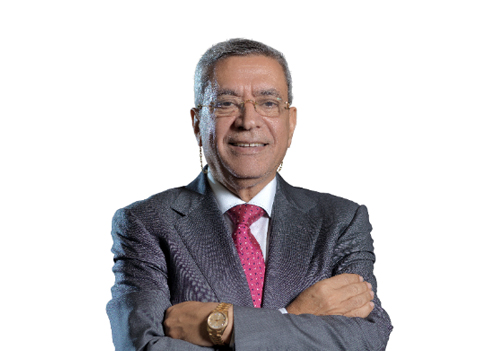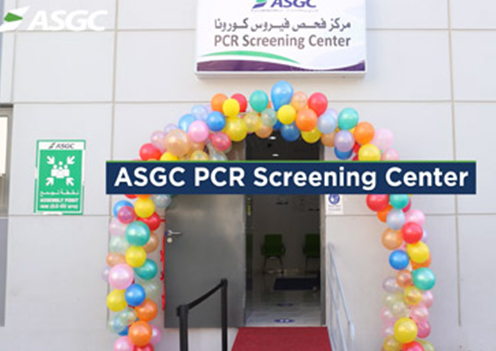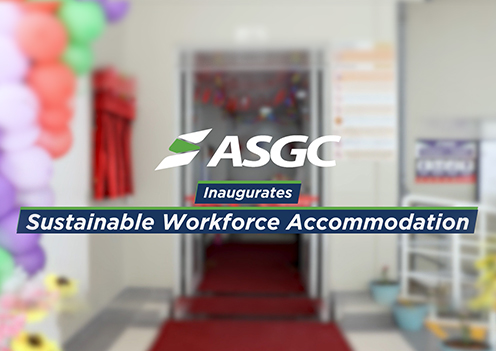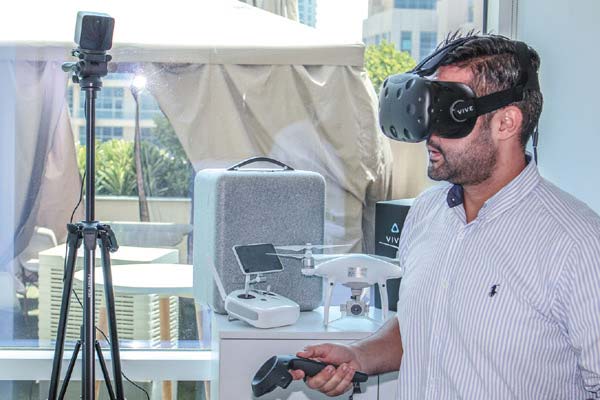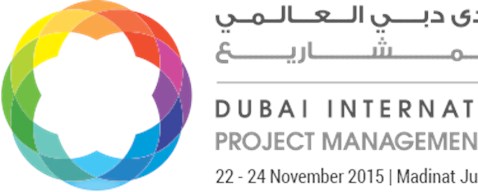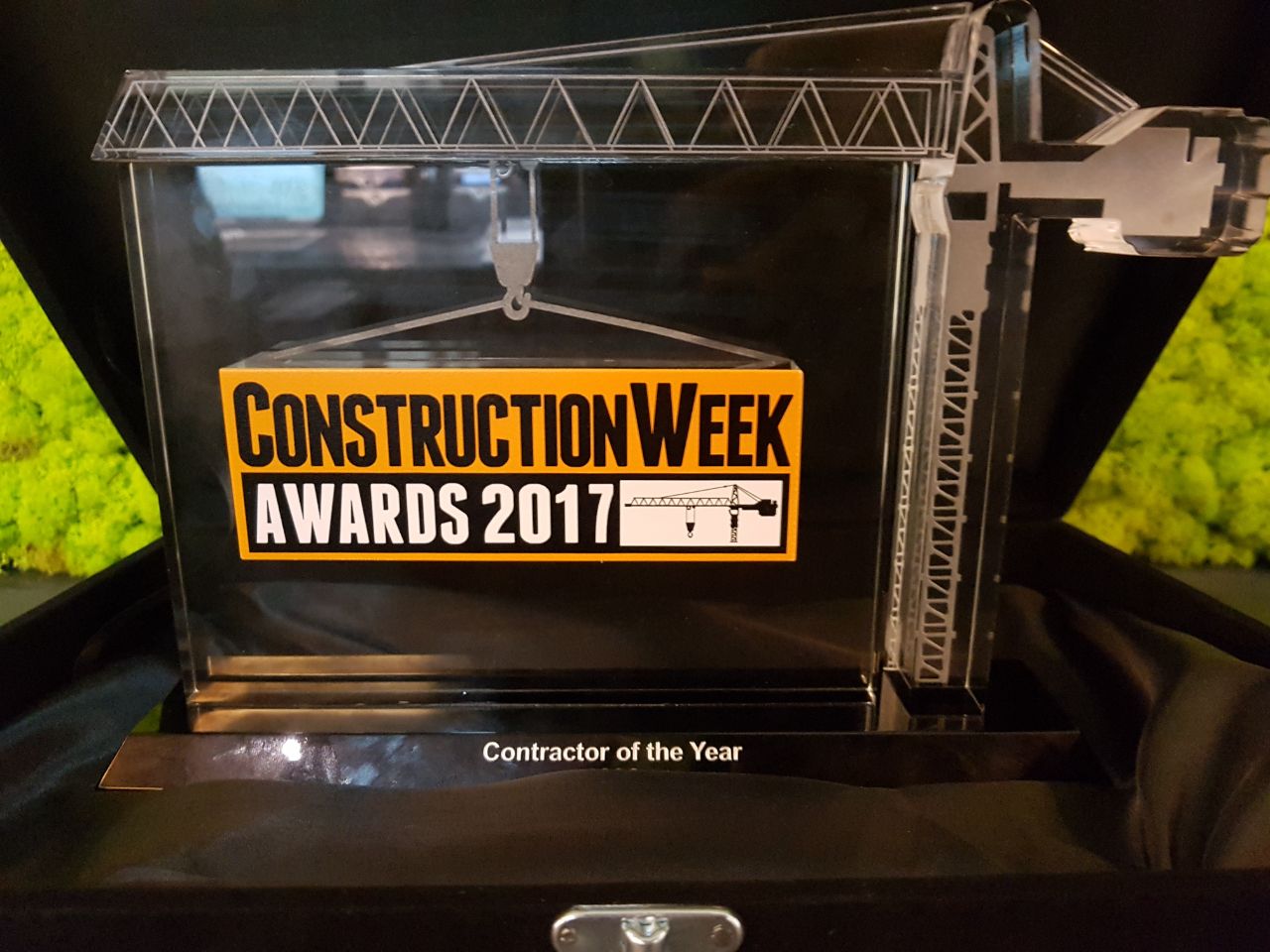On International Women's Day, Construction Week speaks to prominent women within the industry to see if there is a shift in focus towards an inclusive workplace
Gender diversity has been pertinent for the construction sector, which traditionally has been male-dominated. While diversity has been a central topic within workplaces in the sector, there has been a gradual move towards inclusion.
As companies continue to bring in a plethora of changes to make the sector as much for women as for men, it is interesting how this has transformed the recruitment trends in the sector.
However, the underlined question is: has the industry shifted its focus from diversity to inclusion?
At the occasion of International Women’s Day, Construction Week spoke to prominent women within the construction, engineering, law, consulting, facilities management, and real estate sectors.
Addressing the fact the conversation now needs to focus on inclusion, Catherine Workman, partner and head of Middle East at Pinsent Masons, said: “I completely agree about the shift from diversity to inclusion – the focus needs to move in that direction and is the natural progression of things.”
Globally, the law firm has 25% of female partners with its graduate recruitment team implementing RARE, which according to Workman is “a contextualised recruitment tool, which aims to create a level playing field and remove bias for applicants to our early talent programmes”.
Workman’s points remind us how it is important for organisations to ensure that change is being made right from the training and hiring process.
Echoing her thoughts are comments from Mariam Azmy, chief human resources officer at ASGC, who told Construction Week: “It is important to create an inclusive environment where everyone’s voice is considered equal and that being treated fairly, regardless of race, gender, age or nationality. This is also a core foundation of our [ASGC’s] governing practices.
“Embracing an inclusive culture, one that values different perspectives and viewpoints is key to growth and innovation,” Azmy added.
Talking about inclusive workplaces, Kathleen McGrail, managing director - Advisory Services, WSP Middle East, said: “Ultimately, inclusive workplaces are spaces that improve the culture and experience of a business and its people. However, to ensure we provide safe and inclusive working environments for our people to thrive within, we need to provide them with equal opportunities to flourish in their careers free of bias and discrimination."
Last year, the construction consultancy launched an ‘industry-leading’ maternity policy for the region by offering a minimum 55 working days and a maximum 130 working days paid leave for its female staff.
“We have for many years supported paternity leave, which is uncommon in a region like the Middle East,” McGrail added.
For Dana Salbak, head of research MENA at JLL, the “main principle to adhere to when thinking of inclusivity, is “moving away from a 'top-to-bottom' approach to management and leadership”.
Salbak stressed: “Encouraging the more junior employees to think differently, come up with creative solutions to problems, and speak up on various issues, is core to our culture. Each employee is unique, they come from different backgrounds and have various educational and work experiences, and so much of that can translate into the day-to-day job, and teach us all something different, irrespective of your job title.”
JLL has created an Employee Advisory Group made up of individuals across the firm, who act as employee ambassadors and are involved with specific management initiatives centred on the business and people.
“Inclusivity is about trusting your people, motivating, and encouraging them to participate in the business,” Salbak added.
Meanwhile, Vanja Dimitrijevic, senior structural engineer at WME, said: “I’ve been in the industry for 10 years now, and it is noticeable that there is a shift forward. Diversity is a widely discussed topic now, and it seems that more and more companies are being conscious about incorporating equal opportunities for all in their business. That said, I have to admit that we are not there yet, and there is still quite a bit of work to be done.
“We need to collectively work on shifting the mindsets away from considering diversity as something mandatory or “nice to have”, towards something that can only benefit the business. I strongly believe that a diverse team will be the best team for any given job.”
Reflecting on the changes AESG has made to have a “balanced and progressive work environment”, Phillipa Grant, partner and global director of sustainability said: “AESG has a balanced and progressive work environment and we are extremely fortunate to have so many women leaders within our team driving our industry forward across the world.
“As a consultancy firm we recognise that our people are our greatest asset, which is why we place a lot of emphasis on our employee engagement programs, capturing regular feedback and actioning recommendations to keep the team happy and motivated. This open communication has helped us to really foster an environment that encourages transparency, diversity and inclusion built on a solid foundation of trust.”
AESG has also implementated a maternity policy aimed at fostering more equitable and gender-neutral career growth opportunities across its organisation. The policy extends on the UAE’s labour laws by offering 90-days paid leave, with an additional 90-days of optional unpaid leave.
According to Grant, AESG employee representation is of 23 countries of which 35% are female, and 44% of senior management are female, as well.
The change has been constant within the facilities management sector as well.
Commenting on the change, Sam Emery, CFO at Emrill, said: “Emrill embraces inclusion, whether related to gender, age, nationality, education experience or professional background. We offer every employee access to various Learning & Development programmes, catering to fresh graduates, experienced professionals and, since 2019, even Emirati students looking to gain experience in the FM sector with the introduction of our applied work placement programme, Khibra.
According to Emery, 50% of Emrill’s executive leadership team is female.
Interestingly, Joanne Strain, partner at KWM, an international law firm told Construction Week that diversity has been “fundamental” to the firm’s vision, and not optional. “Our people need to be as diverse as our client base,” added Strain.
“This entails top-level commitment from the firm to provide a broad, inclusive and open workspace, where everyone can be their best. On a local level, this translates to treating one another with respect, encouraging a symbiotic relationship between career goals and personal achievements for both men and women.”
For employees to perform "better, advance, and innovate, the feeling of being included is essential," accoding to Omnia Halawani the co – CEO and founder at GRFN.
She said: "We make sure that we give a platform for everyone’s voice to be heard and opinions to be considered. It is something that I’m vocal about especially within the managerial levels; to ensure that they give their team the space and support needed."
Source: constructionweekonline.com

